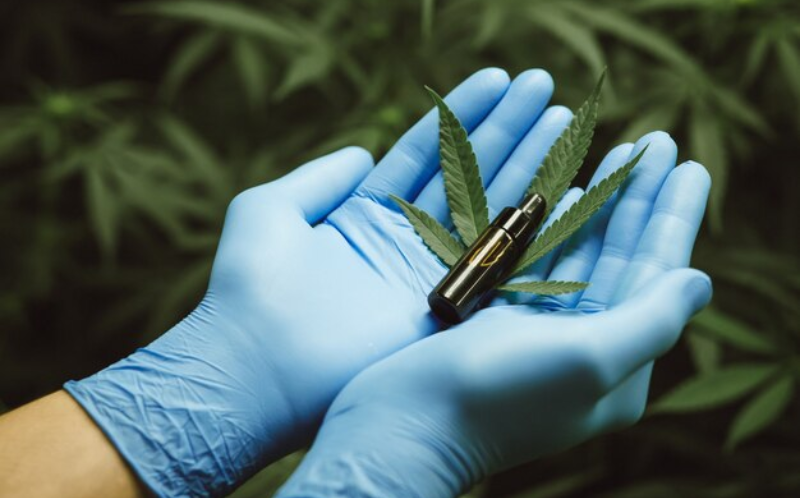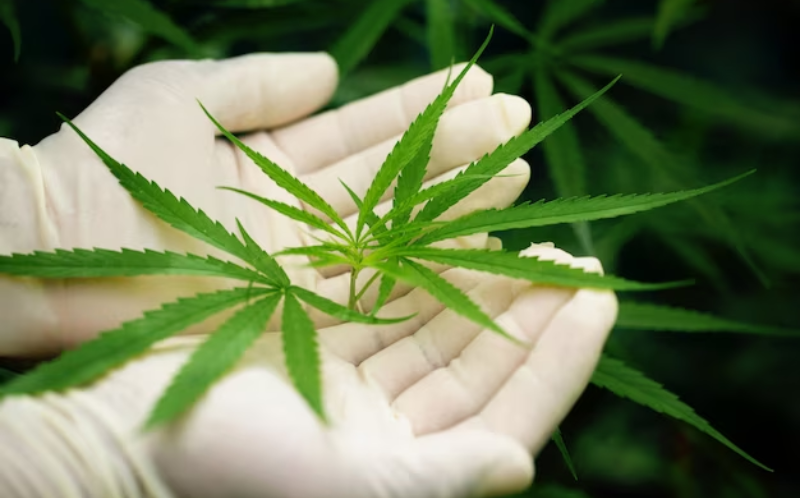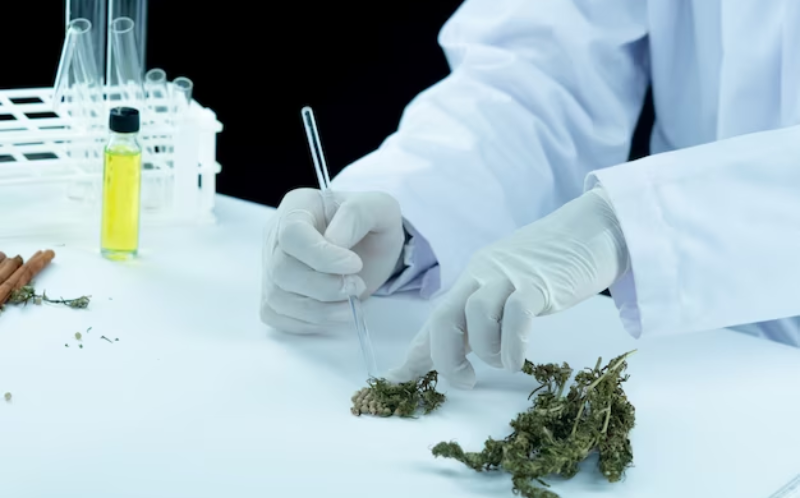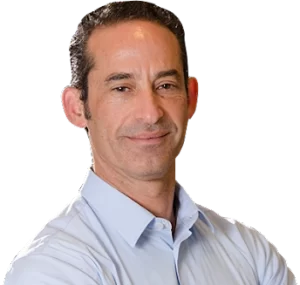The medical community’s perspective on marijuana has undergone a significant transformation over the past few decades. Medical marijuana, once a topic shrouded in controversy and skepticism, has increasingly found a place in the mainstream medical discourse. It’s crucial to delve into the nuanced opinions, clinical experiences, and scientific understandings that doctors hold regarding this topic.
Understanding The Shift In Perception
Historically, marijuana was stigmatized and associated primarily with recreational use, leading to apprehensions within the medical field. However, a growing body of research highlighting the potential therapeutic benefits of cannabis has been instrumental in changing this perception. Doctors are now more open to considering medical marijuana as a viable treatment option for various conditions.

The Therapeutic Potential Of Medical Marijuana
Numerous studies have underscored the potential of medical marijuana in managing chronic pain, which is a significant advantage, given the ongoing opioid crisis.
Doctors appreciate the role of cannabis in providing an alternative to traditional pain management strategies, which often carry substantial risks of addiction and side effects. Furthermore, the efficacy of medical marijuana in alleviating symptoms associated with chemotherapy, such as nausea and loss of appetite, has been widely recognized.

Medical Marijuana And Neurological Disorders
The application of medical marijuana extends beyond pain management. There is a growing interest in its use for neurological disorders such as epilepsy and multiple sclerosis.
The FDA’s approval of Epidiolex, a CBD-based medication for certain types of epilepsy, marks a pivotal moment in acknowledging cannabis’s therapeutic potential. Doctors are optimistic about further research and clinical trials that could unlock more applications of medical marijuana in neurology.

Challenges And Concerns: The Medical Community’s Viewpoint
Despite the promising advancements, the medical community also harbors concerns. The lack of standardized dosages and comprehensive clinical trials for many cannabis-based treatments raises questions about efficacy and safety.
Doctors emphasize the need for rigorous research to establish clear guidelines and ensure that patients receive safe and effective care.

Educating Medical Professionals On Cannabis
To harness the full potential of medical marijuana, there is a consensus among doctors on the need for comprehensive education and training. As medical schools begin to integrate cannabis studies into their curricula, doctors are becoming better equipped to navigate the complexities of prescribing medical marijuana and advising patients on its use.

Ethical Considerations And Patient Safety
Patient safety remains at the forefront of the medical community’s concerns. Doctors are dedicated to upholding ethical standards and ensuring that patients receive accurate information about the risks and benefits of medical marijuana.
They advocate for a balanced approach, weighing the potential therapeutic benefits against possible adverse effects.

The Role Of Regulation And Standardization
Doctors recognize the crucial role of regulation in ensuring the safe and controlled use of medical marijuana. They advocate for standardized practices in cultivation, distribution, and prescription to prevent misuse and guarantee product quality. Clear regulatory frameworks also facilitate research, contributing to a deeper understanding of cannabis and its applications in medicine.

Future Perspectives: Embracing Medical Marijuana In Healthcare
The medical community is poised at the brink of a new era in healthcare, with medical marijuana playing a pivotal role. Doctors are actively participating in ongoing research and clinical trials, striving to uncover new applications and refine existing treatments. They are committed to integrating medical marijuana into mainstream medicine, ensuring that patients have access to safe, effective, and evidence-based care.

A Future Embracing Medical Marijuana
As we navigate the complexities of integrating medical marijuana into healthcare, the medical community’s role is indispensable. Doctors are not only the gatekeepers of this treatment option but also the advocates for rigorous research, patient education, and ethical practice.
Their nuanced perspectives, rooted in scientific evidence and clinical experience, are shaping the future of medical marijuana and its role in enhancing patient care.
Some doctors are skeptical of medical marijuana for a variety of reasons, although it’s important to note that attitudes towards medical marijuana can vary widely among healthcare professionals.
As we navigate the complexities of integrating medical marijuana into healthcare, the medical community’s role is indispensable. Doctors are not only the gatekeepers of this treatment option but also the advocates for rigorous research, patient education, and ethical practice.
Their nuanced perspectives, rooted in scientific evidence and clinical experience, are shaping the future of medical marijuana and its role in enhancing patient care.

Some doctors are skeptical of medical marijuana for a variety of reasons, although it’s important to note that attitudes towards medical marijuana can vary widely among healthcare professionals.

Most Common Reasons for Skepticism
Limited Scientific Research

One of the primary concerns among skeptics is the limited amount of high-quality scientific research on the safety and efficacy of medical marijuana. Many doctors rely on evidence-based medicine, and they may be hesitant to endorse a treatment that lacks a robust body of clinical trials and peer-reviewed studies.
Lack of Standardized Dosing

Medical marijuana products can vary widely in terms of their composition, potency, and purity. This lack of standardization can make it challenging for doctors to prescribe and monitor medical marijuana effectively. They may worry about inconsistencies in dosing and potential side effects.
Potential for Abuse

Some doctors are concerned about the potential for patients to misuse medical marijuana or for it to serve as a gateway to recreational drug use. They may be cautious about recommending a substance that can have psychoactive effects.
Drug Interactions

Medical marijuana can interact with other medications a patient may be taking, potentially leading to adverse effects or reduced efficacy of prescription drugs. Doctors must consider these interactions when deciding whether to recommend medical marijuana.
Legal And Regulatory Concerns

The legal status of medical marijuana varies from one jurisdiction to another, and some doctors may be concerned about the legal and ethical implications of recommending a substance that is illegal under federal law in many countries, even if it’s permitted at the state or local level.
Lack Of Education And Training

Many healthcare professionals have not received comprehensive education or training on medical marijuana during their medical training. This lack of knowledge can contribute to skepticism or reluctance to recommend it.
Concerns About Long-term Effects

Since medical marijuana use has become more widespread relatively recently, there may be concerns about the long-term effects of its use, particularly in populations like children and adolescents whose brains are still developing.
Most Common Reasons For Skepticism
FAQ
Medical marijuana refers to the use of the cannabis plant or its extracts to treat various medical conditions and symptoms. It is used as a medical therapy, rather than for recreational purposes. One major difference from recreational adult-use weed is that there normally are different regulations, testing requirements, and potency levels.
Medical marijuana is used to treat a range of conditions, including chronic pain, epilepsy, multiple sclerosis, cancer-related symptoms, and more. The specific conditions that qualify for medical marijuana use can vary by location.
Qualification for medical marijuana varies by region. Generally, patients need a doctor’s recommendation and must meet specific criteria, such as having a qualifying medical condition.
The legality of medical marijuana varies from place to place. Some regions have legalized medical marijuana, while others have not. It’s important to research the laws in your specific area.
Medical marijuana comes in various forms, including dried flower, oils, tinctures, capsules, edibles, and topicals. The form you use may depend on your condition and personal preference.
Like any medication, medical marijuana may have side effects. Common side effects can include dizziness, dry mouth, and changes in mood. It’s important to discuss potential risks with your healthcare provider.
Driving or operating heavy machinery while under the influence of medical marijuana can be dangerous and may be illegal. It’s important to understand and follow the rules and regulations in your area.
In many cases, medical marijuana is not covered by health insurance. Patients typically need to pay for their medical marijuana products out of pocket.
It’s essential to consult with your healthcare provider about potential interactions between medical marijuana and other medications you are taking because ther maybe contraindications.
Research online directories and resources to find qualified medical marijuana doctors and dispensaries in your area.

Medical Weed Use Should Be Decided Between Doctor and Patient
It’s worth noting that attitudes toward medical marijuana are evolving as more research becomes available and as laws and regulations change. Some doctors are becoming more open to its use as a treatment option, especially in cases where traditional therapies have been ineffective or have undesirable side effects.
Ultimately, the decision to recommend medical marijuana should be based on a healthcare provider’s thorough evaluation of each patient’s unique medical history and needs, as well as a consideration of the potential benefits and risks. Patients should consult with their healthcare providers to discuss whether medical marijuana is a suitable treatment option for their specific conditions.




2 Responses
Your post got me thinking * left to think a lot * …
I appreciate the work you did on this and thank you for all the wonderful stuff.